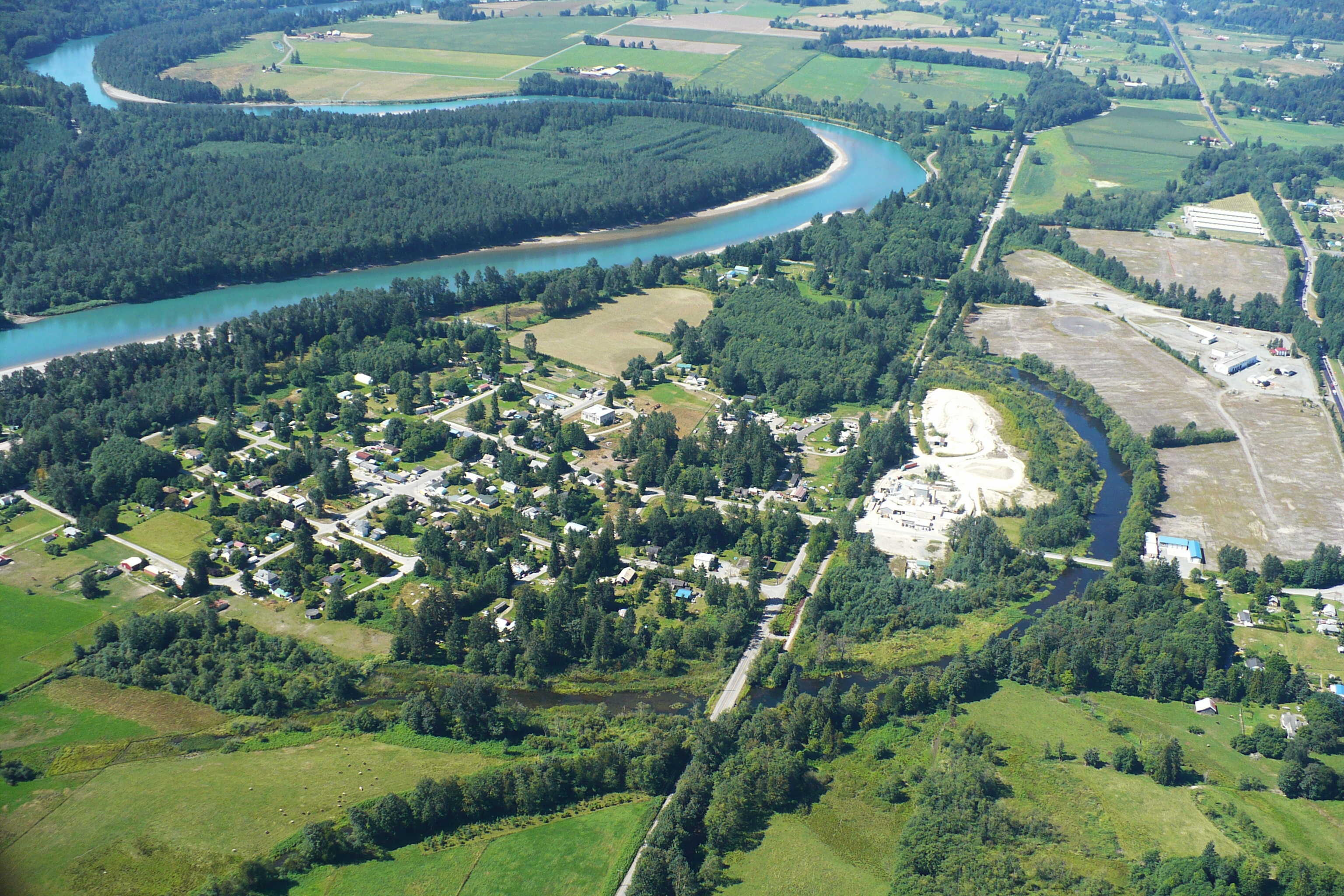
Photo credit: AvgeekJoe on Flickr
By Kelsey Hamlin, Volunteer Outreach & Development Coordinator
Although the holiday season is well underway and COVID-19 has changed so many of our lives this year, we’re still hard at work preparing for the 2021 Washington State legislative session. We wanted to let you in on a little--well, big--change early: updating the Growth Management Act (or GMA).
Some might recall Sierra Club Washington State Chapter’s efforts around housing and transportation last year. The reason we care so much about updating the GMA runs in the same vein. The GMA directly informs the way we shape our built environment and preserve (or don’t preserve) natural habitats. It’s kind of a big deal. So it’s one of our legislative priorities!
The GMA hasn’t been updated in 30 years so, as it stands, is pretty car-centric, which makes it ineffective in limiting housing sprawl. This not only leads to even more greenhouse gas emissions from extended commutes and higher housing prices but also leads to encroaching on farmland and uprooting forests for cul-de-sacs.
The way growth is managed in our cities, towns, and rural communities directly impact our quality of life, health, and resilience to a changing climate. Updates to the GMA will require a holistic and complementary approach that addresses the following:
-
Climate Change: The word “climate” doesn’t appear anywhere in our Growth Management Act! We need to fix this by requiring our largest cities to include planning for climate change in their comprehensive plans by reducing greenhouse gas emissions and vehicle miles traveled. All counties must also plan to mitigate the impacts of climate change, preparing for scenarios, fostering resilience, and protecting the environment, the economy, and our human health and safety.
-
Housing Affordability: Support housing for all unit types and income levels by requiring jurisdictions to identify and make plans to undo racially-biased and exclusionary housing policies of the past while taking measures to prevent community displacement. This means allowing more folks to live where they work, which reduces transportation emissions! In addition, allowing all unit types means more energy-efficient homes--as opposed to the energy-insufficient mansions that house only a handful of people.
-
Environmental Justice: Require that jurisdictions integrate environmental justice and equity into comprehensive planning. This will help address disproportionate environmental impacts, spur more equal access to greenspaces, and ensure greater community participation in planning.
Just think of it. We can help all of Washington’s communities emerge stronger and more resilient after the pandemic ends. We can see fewer children with asthma and more adults with job opportunities close to home. We can better protect our families and neighbors against forest fires and property damage by responding to changing risk levels.
We can and we must update how we build--for our local businesses, for our families, for the natural world on which a healthy economy depends.
Stay tuned for how to engage! And check out the GMA campaign WA Can’t Wait for these efforts. There will be crucial moments during this virtual legislative session where we will need you.